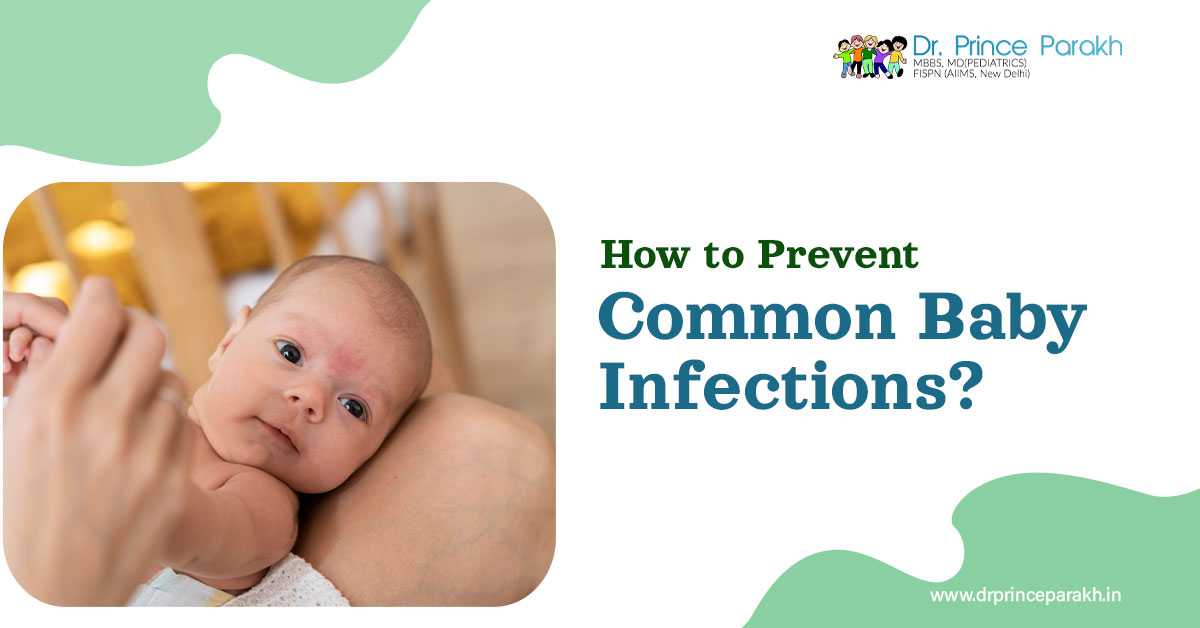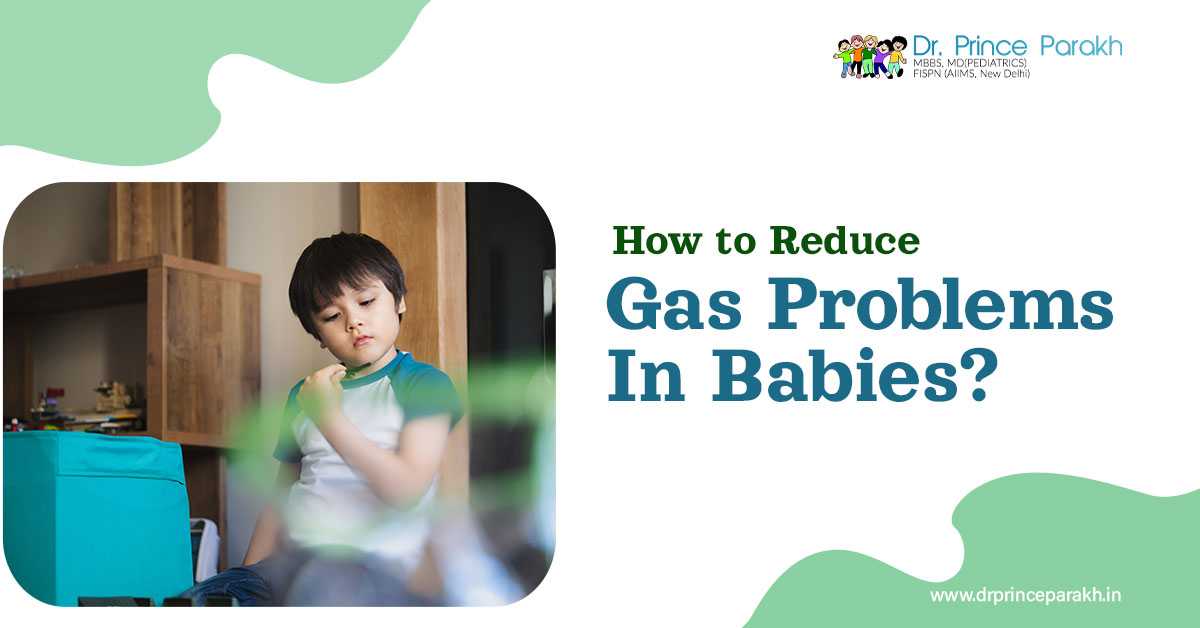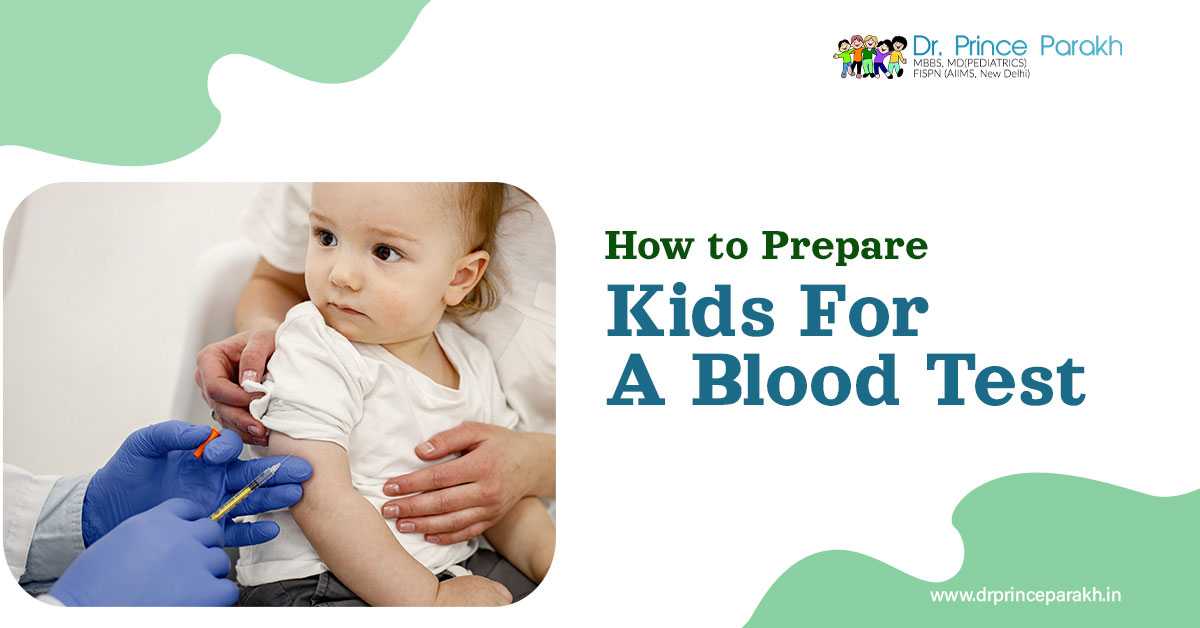Uncertainties and complications may come at any point in time before and after the birth of a child. Every day, millions of women and families are facing problems with different complications and issues related to childbirth and many other situations related to child health. The survey reveals that 1 out of 10 babies is delivered prematurely. So, meeting and consulting a Neonatologist is necessary because neonatologists are the doctors that deal with the critical and complicated situation with their experience and studies.
The recent development in modern science brings out so many approaches that help the parents and the families to deal with such a critical situation. One such approach includes the Golden-Hour approach which is based on excellent communication between different branches like obstetrical, anesthesia, neonatology, and support given to the families. Best services and practices are provided to keep the families safe from such danger which also improves their confidence and comes out with the best patient experience.
The study of the Golden-Hour approach is subjected to two key areas that support childbirth genuinely. The first phase emphasizes specialists available in the hospital and their strategies applied towards the stabilization of very-low birth weight babies within the critical hours. This strategy is implemented to lower down the child death rate by involving highly skilled, trained, and experienced with the vision of providing in-house services 24/7. The second phase involves the most valuable and important researches where skills and experiences are not only the strength but also highlight emotional intelligence for better teamwork. Numerous specialists and departments will work together as a team and put empathy or own personal preferences for the betterment of the patient.
What is Emotional Intelligence? Why It is Important for Neonatologists?
Emotional intelligence is the science of monitories one's own and others' emotions in the motive of discriminating the different emotions of human beings and the way to control them accordingly by dealing with the emotional information to guide mental status and physical behavior.
Emotional intelligence is important for different professionals for different reasons but here we will highlight the importance of EI for Neonatologists. Let's check out the reasons for the need for this science in the process of caring for a child.
To Burnout Depression
Caring a newborn and handling the critical situation is not all an easy task because it linked with emotions of a family and many other people involved in this. Here, the link between disaffection and the care they give to the patient is cited regarding the significant effect on the quality and risk involved in the treatment session. Doctors are also humans and they met with mental errors, malpractice, and complaints from a patient that comes with depression. Emotional intelligence focuses on the setting of high degree emotional exhaustion which burnout the depression and results in a better way of practicing and handling the critical issues.
To Handle Pressure
Some of the professions like armed service, policemen, firemen, air traffic controllers, and pilots are always engaged with mental pressure because they deal with risk and danger all the time. Neonatologists are not apart from this list of the professions as they too make decisions that are subjected to life and death. A single mistake can come out with severe consequences and just like those few profession, neonatologists need to cope up with the situation with a healthy peace of mind. Emotional intelligence helps the doctor to handle the pressure by giving the best practices which in turn makes a big difference to other's life.
To Deal with Underdeveloped EI
Neonatologist goes through a long journey from the time they went to medical school and engaging in other programs. Medical students need to concentrate on their cognitive development which includes memorizing, studying critical cases and their drastic effects along with the skill of building associative knowledge to treat a newborn. In their long journey, they hardly get time to study emotional developments like self-awareness, knowing the patterns, regulation of emotion, managing a serious conversation with parents who are worried and most importantly building empathy towards the patient. Emotional intelligence balances the need for putting the science with human emotion.
To Identify Blind Spot
Blind spots are the points where a person's view is obstructed psychologically and we all have blind spots but most of us don't know what they are and how to deal with it to achieve success. Neonatologist deals with blind spots with emotional intelligence through coaching, assessments, 360-degree feedback and interviews to identify them. Failure may come but that can't obstruct getting future achievements. All the time a neonatologist needs to come out with a fresh and clear mind to manage the situations genuinely instead of getting emotionally attached. Emotional intelligence is all about dealing with the emotions to stay away from its adverse effects.
Managing the Hero Complex
We already discussed that a neonatologist goes through a long journey of studies in medical school by doing lots of sacrifices over the years. On average of 10-12 years of studies, they become the doctor who is considered as a 'Hero' for others. Whatever decision they took is the right decision for others and whatever their ability they bring out to solve the problem is taken as the best problem-solving skills for others. Such a consequence makes it important that a neonatologist must deal with emotional intelligence for making their task easier by holding confidence. The 'Hero Complex' needs to be managed by checking out the critical moments which are undoubtedly the smartest way of operating from the burnout.
Complications and a complex decision can be managed by dealing with strong communication, team-work, medical knowledge, and skills with Golden-Hour strategies. Such studies will bring positive outcomes and improve the overall patient experience for any neonatologist.







